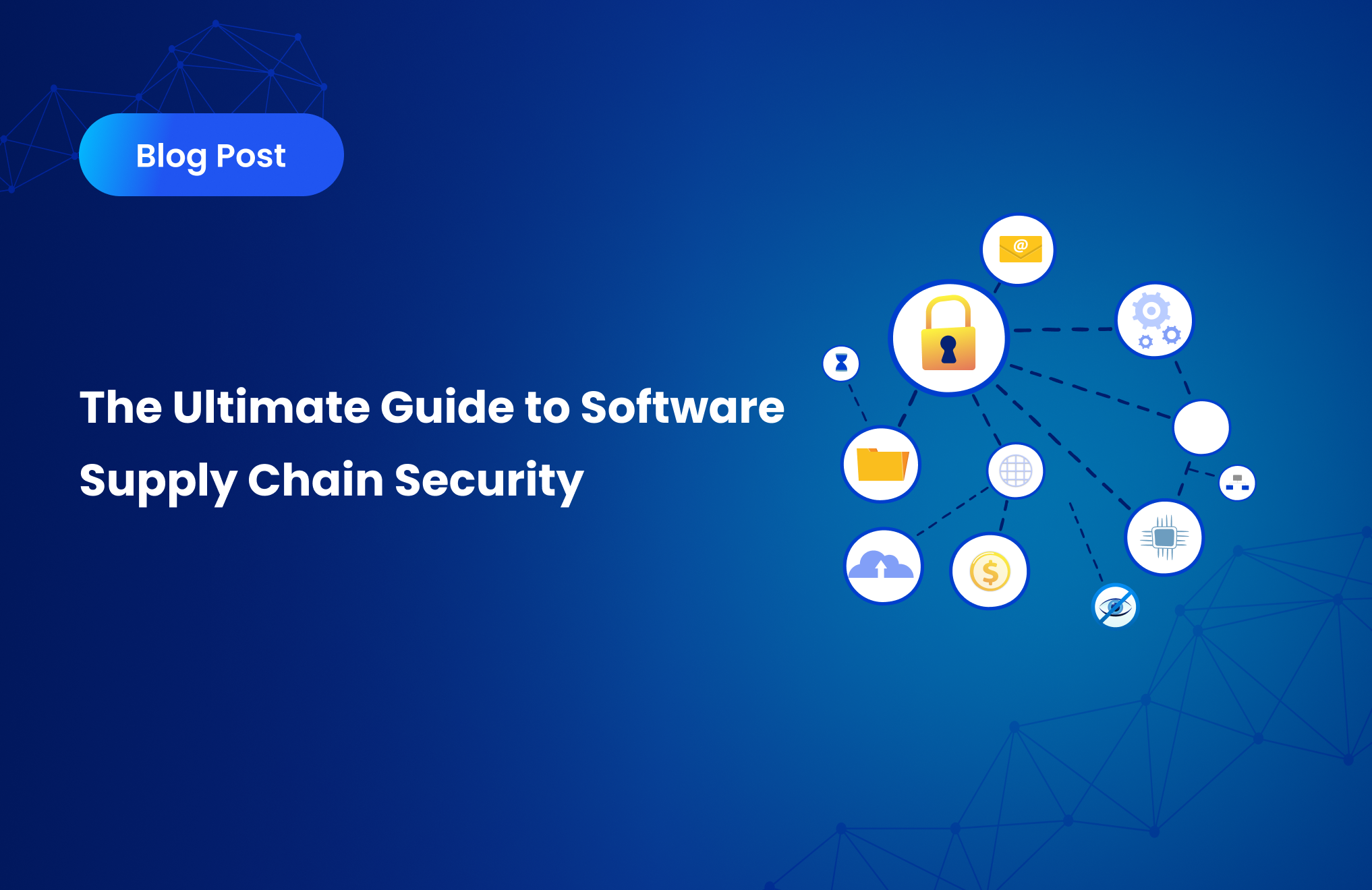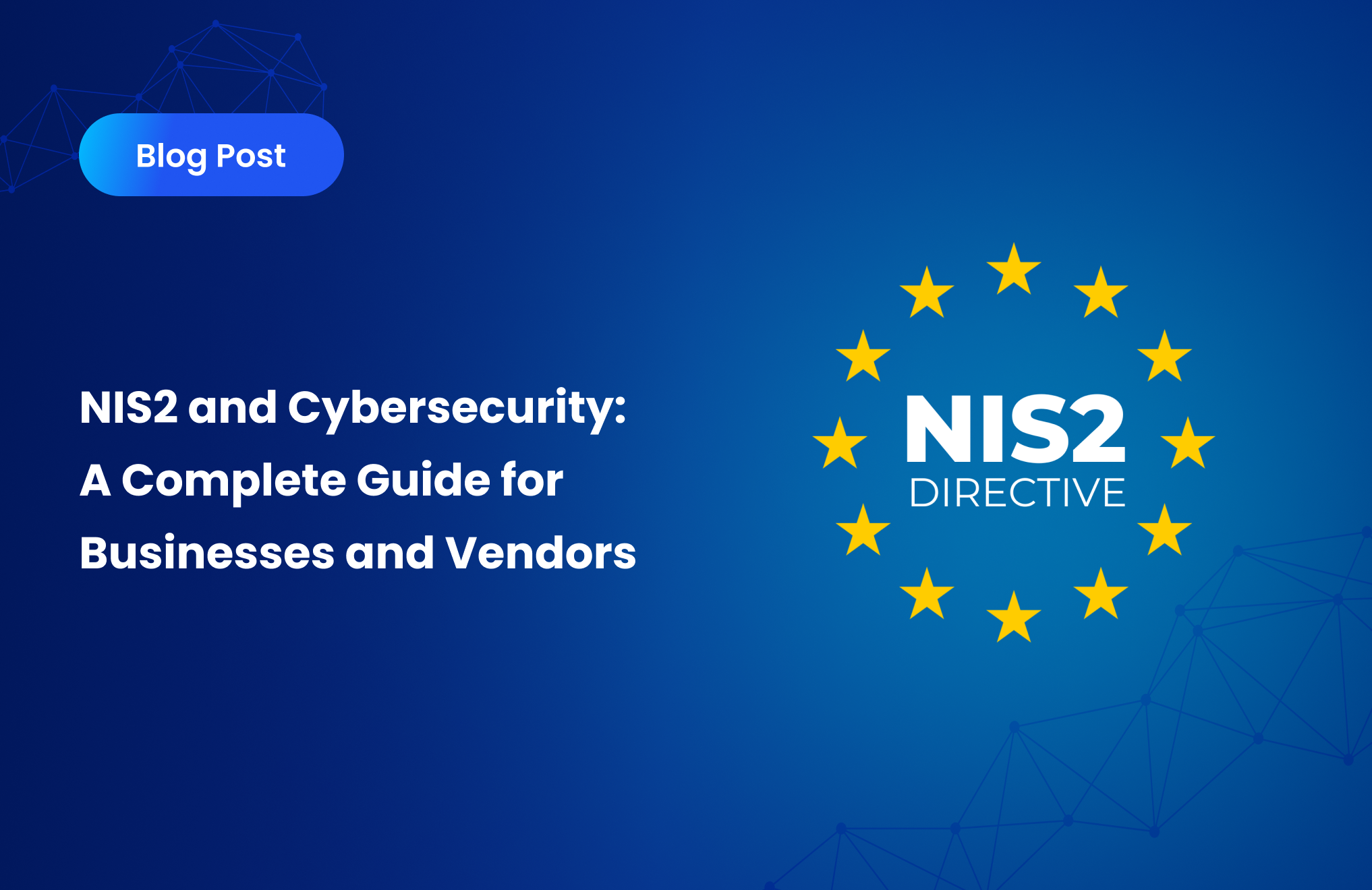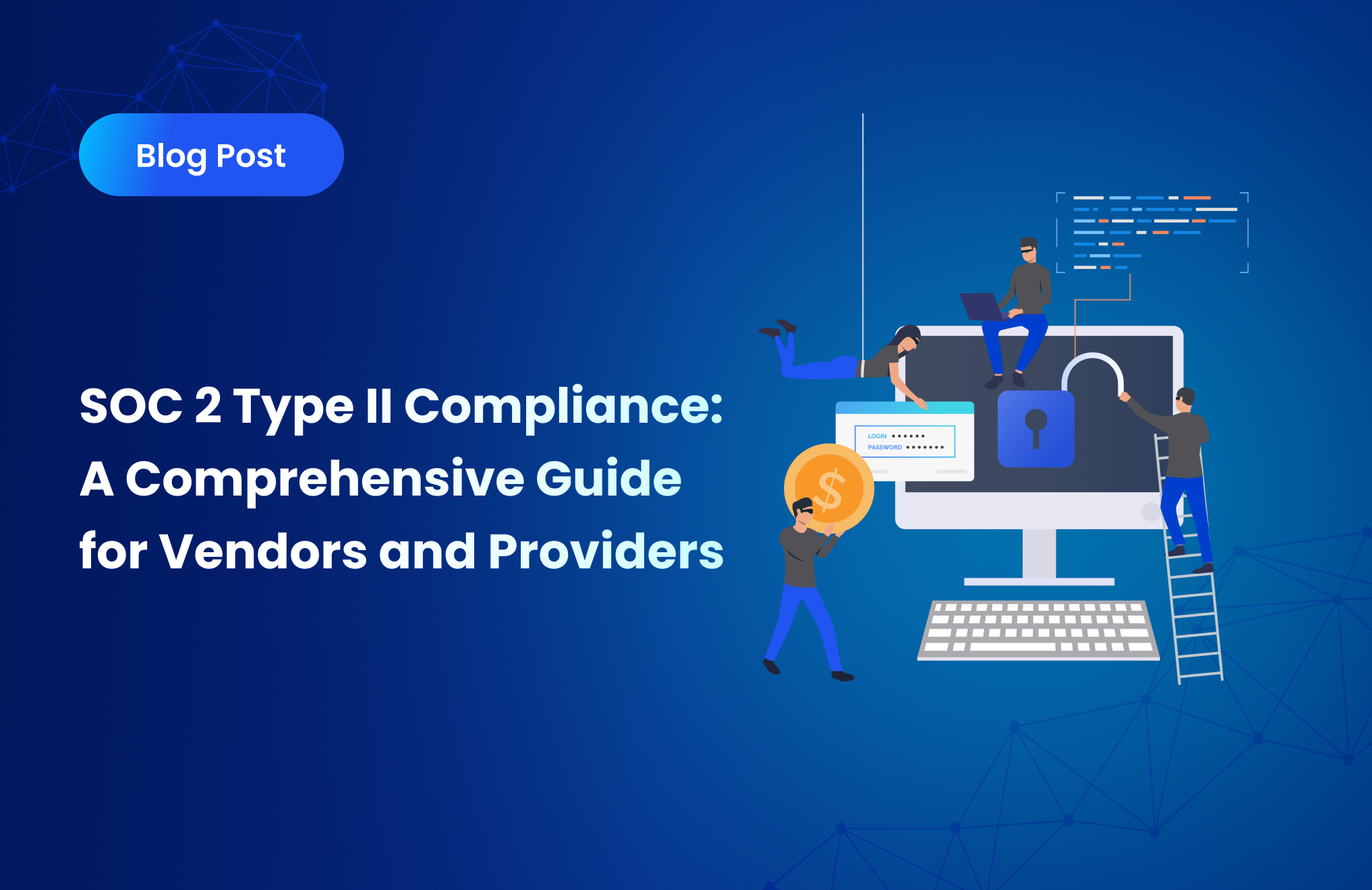The Importance of AWS Security Audits for Your Business

In the age of digital transformation, cloud computing has become an integral part of most businesses. Amazon Web Services (AWS) has emerged as one of the most popular cloud platforms, offering a wide array of Infrastructure-as-a-Service (IaaS) and Platform-as-a-Service (PaaS) solutions. However, the convenience of AWS comes with significant security risks that must be carefully managed. This is where AWS security audits come in.
What is an AWS Security Audit?
An AWS security audit is a systematic evaluation of your AWS environment to identify security vulnerabilities, gaps, and misconfigurations. The audit covers various aspects like identity and access management, storage, databases, networking, logging, encryption, and more.
Auditors thoroughly inspect your AWS configuration against security best practices and compliance standards. The goal is to find potential attack vectors and weak spots before they can be exploited by hackers.
Why AWS Security Audits Are Critical
With AWS, you delegate the physical infrastructure security to Amazon. However, configuring and operating a secure cloud environment remains your responsibility. Some key reasons why regular AWS security audits are critical include:
- Prevent Data Breaches: Various misconfigurations like open S3 buckets can expose sensitive customer data. Audits catch such issues proactively.
- Meet Compliance Mandates: You may need to comply with regulations like HIPAA, PCI DSS, etc. Audits verify you meet the necessary controls.
- Reduce Attack Surface: Audits identify unused resources, unnecessary permissions, insecure protocols etc. that attackers can leverage.
- Cost Optimization: Audits flag unused resources that can be deprovisioned to save costs.
- Strengthen Security Posture: Audits ensure you follow security best practices tailored for the cloud.
- Assure Customers: Audits and reports demonstrate your commitment to security.
Elements of an AWS Security Audit
AWS security audits aim to be comprehensive. Here are some key areas covered:
Identity and Access Management (IAM)
Proper IAM configuration is imperative to prevent breaches. Auditors evaluate:
- User accounts, roles, groups, policies etc. to check for stale identities or overly permissive access.
- Password policy, multi-factor authentication, key rotation for robust authentication.
- Principle of least privilege and separation of duties in access controls.
Logging and Monitoring
Thorough logging and monitoring helps quickly detect threats. Audits check if you:
- Have enabled detailed AWS CloudTrail logs across regions, services.
- Capture and monitor VPC Flow Logs for anomalous activity.
- Set up AWS Config to track resource changes.
- Use tools like Amazon GuardDuty, Macie, Inspector etc.
Network Security
Auditors inspect your VPCs, subnets, NACLs, security groups, and other network settings to uncover potential misconfiguration issues like:
- Overly permissive ingress/egress rules
- Lack of encryption for data in transit
- Resources exposed to the public internet
Storage and Database Security
Data security is critical. For services like S3, RDS, DynamoDB etc. auditors validate:
- Use of encryption, both at rest and in transit
- Access controlled through IAM policies or VPC endpoints
- Data lifecycle policies to archive/delete unused data
Incident Response
Auditors evaluate your incident response and disaster recovery preparedness by checking if you:
- Have documented IR policies, procedures and roles.
- Perform regular DR drills to test recoverability.
- Have IR tools in place for rapid investigation and remediation.
- Collect and retain necessary forensic data.
Choosing an AWS Security Auditor
While AWS offers an default service called AWS Trusted Advisor that provides recommendations, it has limited scope. To conduct an exhaustive independent audit, specialized third-party auditors are preferable.
Here are key considerations when selecting an AWS security auditor:
- Proven experience: Look for firms with certified auditors and a demonstrated track record.
- Technical expertise: The auditor should have in-depth knowledge of AWS security best practices.
- Tooling and automation: Advanced auditing tools increase efficiency and coverage.
- Comprehensive reporting: Reports should provide detailed technical insights along with remediation guidance.
- Ongoing support: The firm should support fixing identified vulnerabilities.
- Cost and flexibility: Balance coverage rigor with budget considerations.
Executing an Effective AWS Security Audit
To make your AWS security audit productive, follow these best practices:
- Have clear scope and objectives: Focus on most critical workloads, resources, and concerns.
- Prepare resources: Ensure auditors get necessary access and info.
- Inform your team: Get buy-in from relevant stakeholders.
- Comply with controls: Setting up missed controls will maximize benefits.
- Ask questions: Leverage auditor expertise to improve your processes.
- Prioritize remediation: Have a plan to address audit findings methodically.
- Retest fixes: Validate remediation to prevent recurrence of issues.
- Repeat periodically: Schedule quarterly or bi-annual audits for sustained security.
Leveraging AWS Security Audits to Enhance Cloud Security
As your AWS footprint grows, a comprehensive security audit becomes non-negotiable. While the audit process demands time and planning, it generates immense value by discovering crucial vulnerabilities before they can lead to disastrous breaches.
Regular AWS security audits supplemented with continuous monitoring provide the optimal approach to lock down cloud environments. They form the foundation on which to build a robust cloud security and compliance program that ensures your workloads and data remain protected.



.svg)
.svg)
.svg)

.svg)
.svg)

.svg)
.svg)
.svg)
.svg)
.svg)
.svg)
.svg)


.svg)
.svg)
.svg)
.svg)
.svg)
















